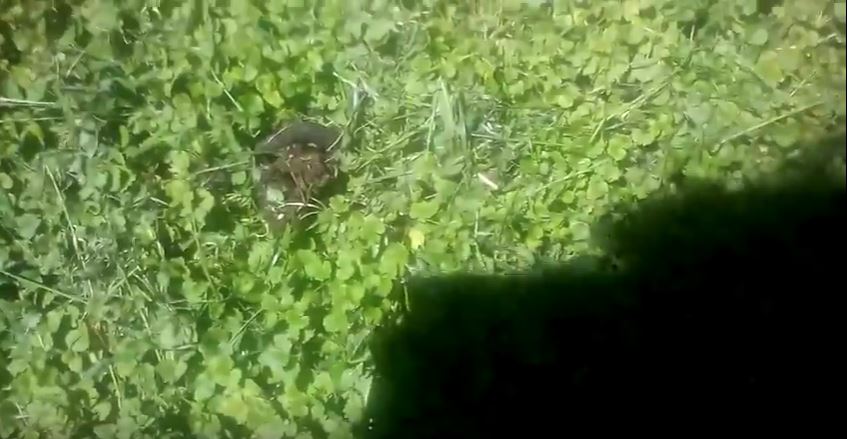Is a wild animal’s feces dangerous to touch or breathe?

Many people assume that an animal’s feces are not dangerous, but it is. And this applies not only for the wild animals, but also the domesticated ones. Any animal may carry diseases at one time or another.
People will catch diseases in the following ways
• Inhaling or breathing animal feces or urine.
• Coming into direct contact with the animals. This could be through petting them, catching them, playing with them, or touching them when moving them from one place to another.
• When they are bitten by bugs which were infected by the animals.
• When they eat the food that has been contaminated by animal feces or when they handle the feces directly and do not wash hands.
• When bitten by the animals.
• When scratched by a diseased wild animal.
Some of the diseases
Some are well-known diseases like food poisoning, bubonic plague and rabies. There are others that have just emerged, including legionnaire’s disease, West Nile Encephalitis, and monkeypox. There are some that can be lethal like the bird flu, but they are yet to spread to humans at a large level.
People have kept pets for a long time, and there are many benefits of having these animals. They make people feel better and they lower their blood pressure and cholesterol level. The people with pets also exercise more and they do not feel too lonely.
Zoonases diseases
The diseases that can pass to humans from animals are known as zoonases. When cats are allowed to go outside, they can pick up the parasites that are called toxoplasma gondi. The cats can fight off infection, but at certain times they may end up becoming contagious. There are times that the cats may shed the egg-like forms of such parasites in the feces. This disease may affect the people who are on chemotherapy, small children or pregnant woman to a greater extent.
Since dogs and cats are friends to humans, it also means that they are the source of many diseases. Cats may carry around parasites called Baronella henselae, and they can be infected once a year. Rodents can carry around the plague. The campylobacter infection is found in the animal feces, and it is a germ that causes gastrointestinal symptoms. It is not that dangerous, but it may lead to some illness that weakens the immune system.
Go back to the How to Get Rid of Pests page or email us if you have any other questions about Is a wild animal’s feces dangerous to touch or breathe?
About Us
We are the Pest Education Network, a non-profit organization that focuses on wildlife and pest removal education. Our approach utilizes Integrated Pest Management, a strategy advocating prevention and humane methods.


